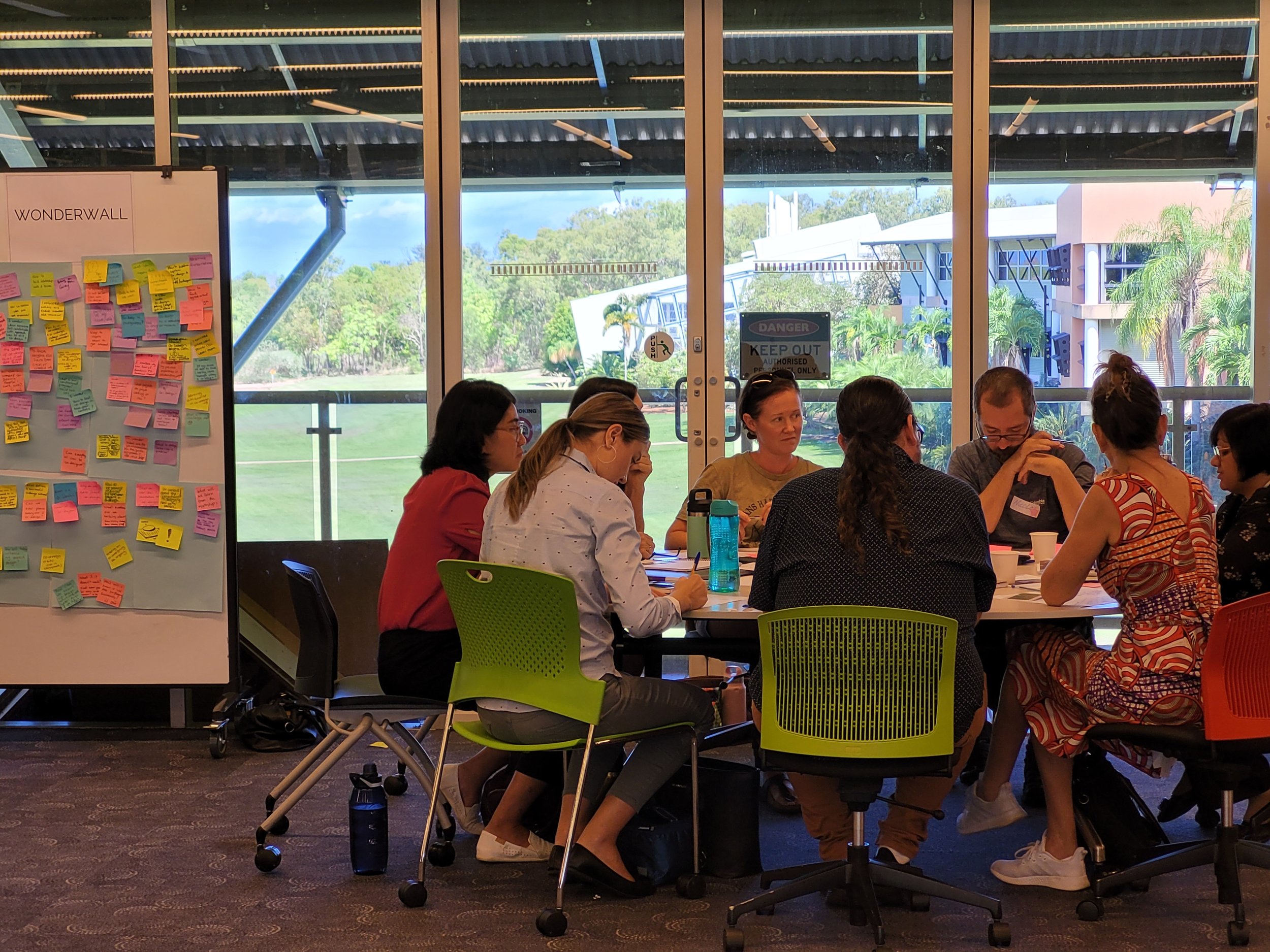
The 5x Rule: The Time Needed for Workshop Design
A look at why thoughtful workshop design takes significant preparation time - and how to make peace with investing this time to create better outcomes for participants.

From Seed to Bloom to Compost
Some of the key lessons from nurturing a community of practice - from the initial germination through the full cycle of growth, change, and composting.

A slow sunset for CoDesignCo
We’re closing down the Community of Practice I've worked so hard to build. It’s a slow sunset, giving us time to close well and honour members’ commitments to this community.
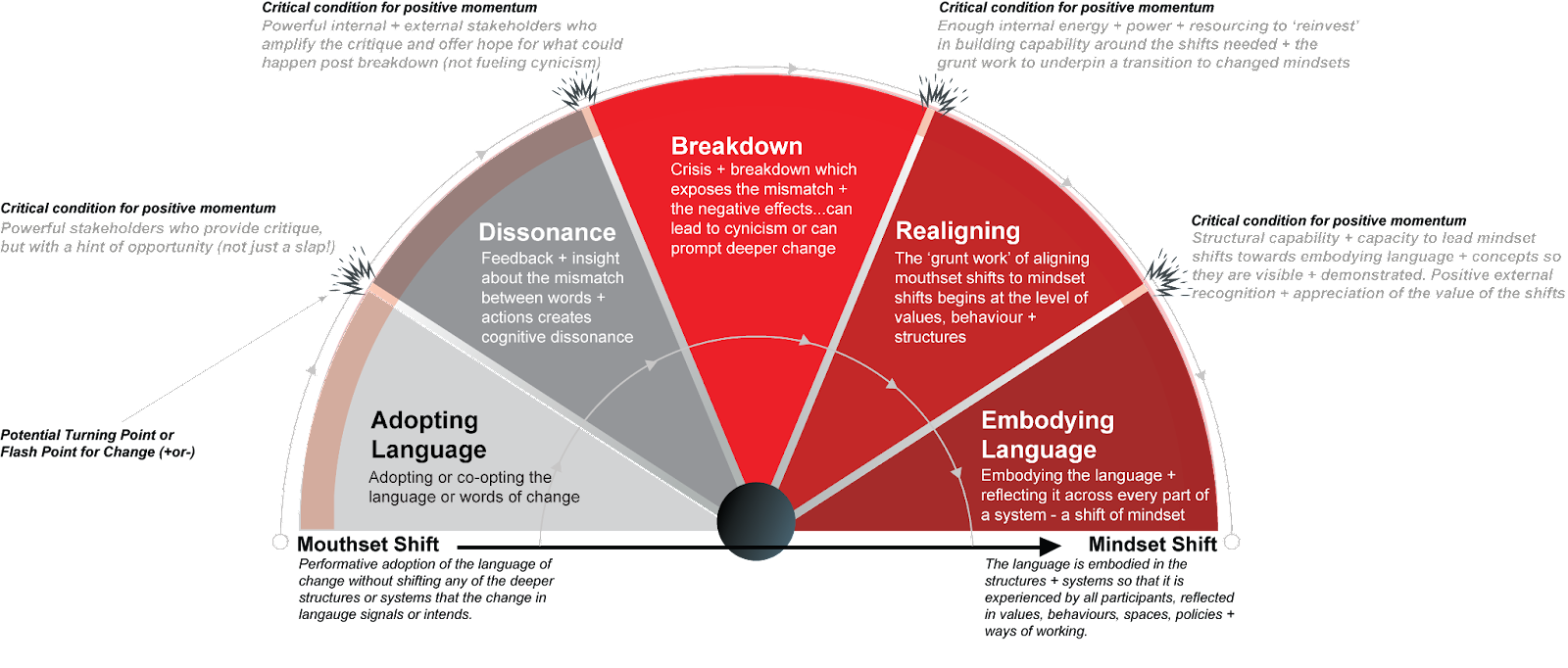
From mouthset to mindset…
The language of co-design and systems change is becoming so ubiquitous — everyone is either asking for it or claiming to be doing it. But what do systems and co-design approaches really ask of us? And how do we work in ways which honour this in our work?
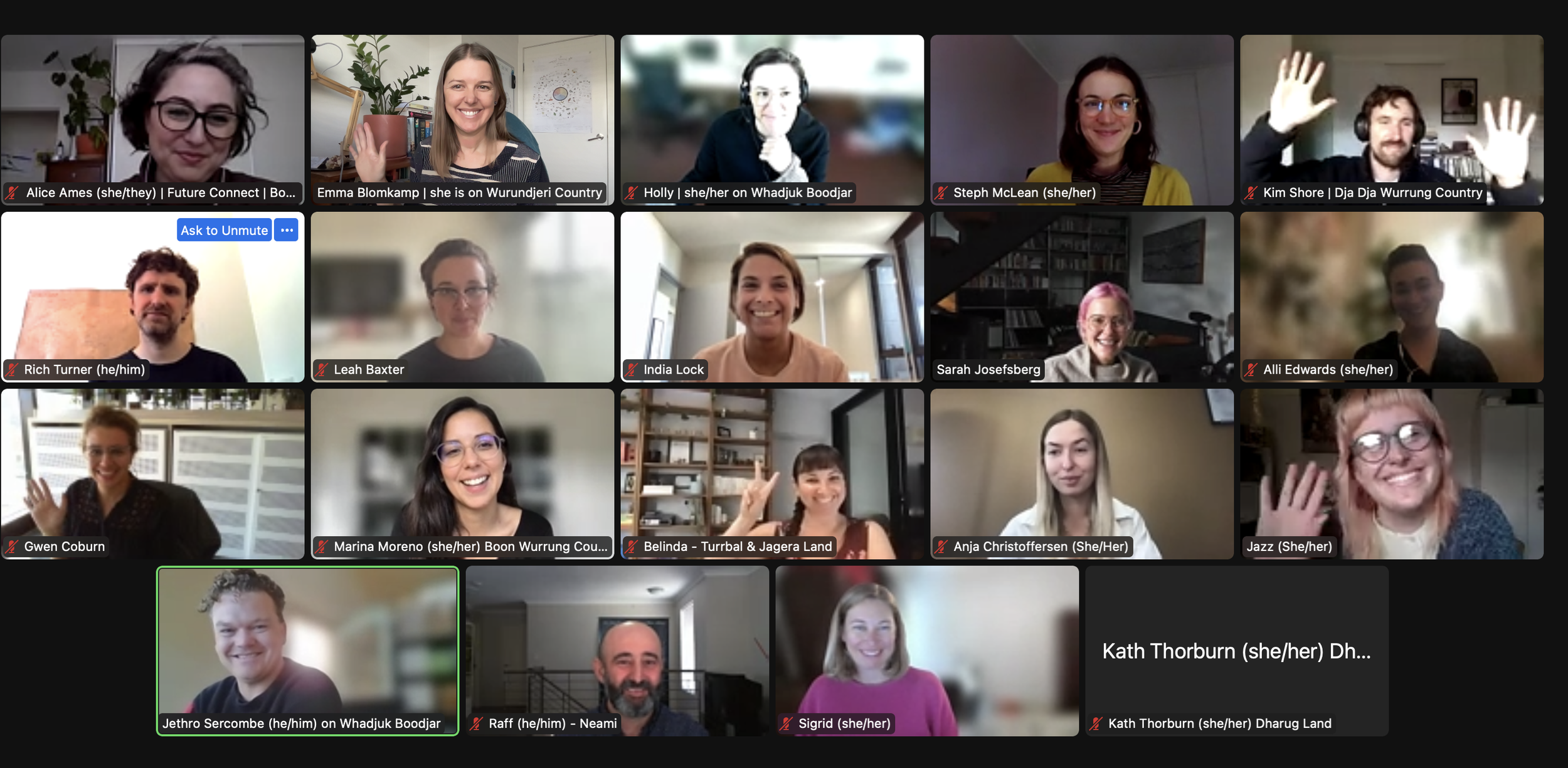
A year of CoDesignCo
Callan Rowe interviews CoDesignCo founder and convenor Emma Blomkamp about her experience and reflections on the first year of this community of practice.
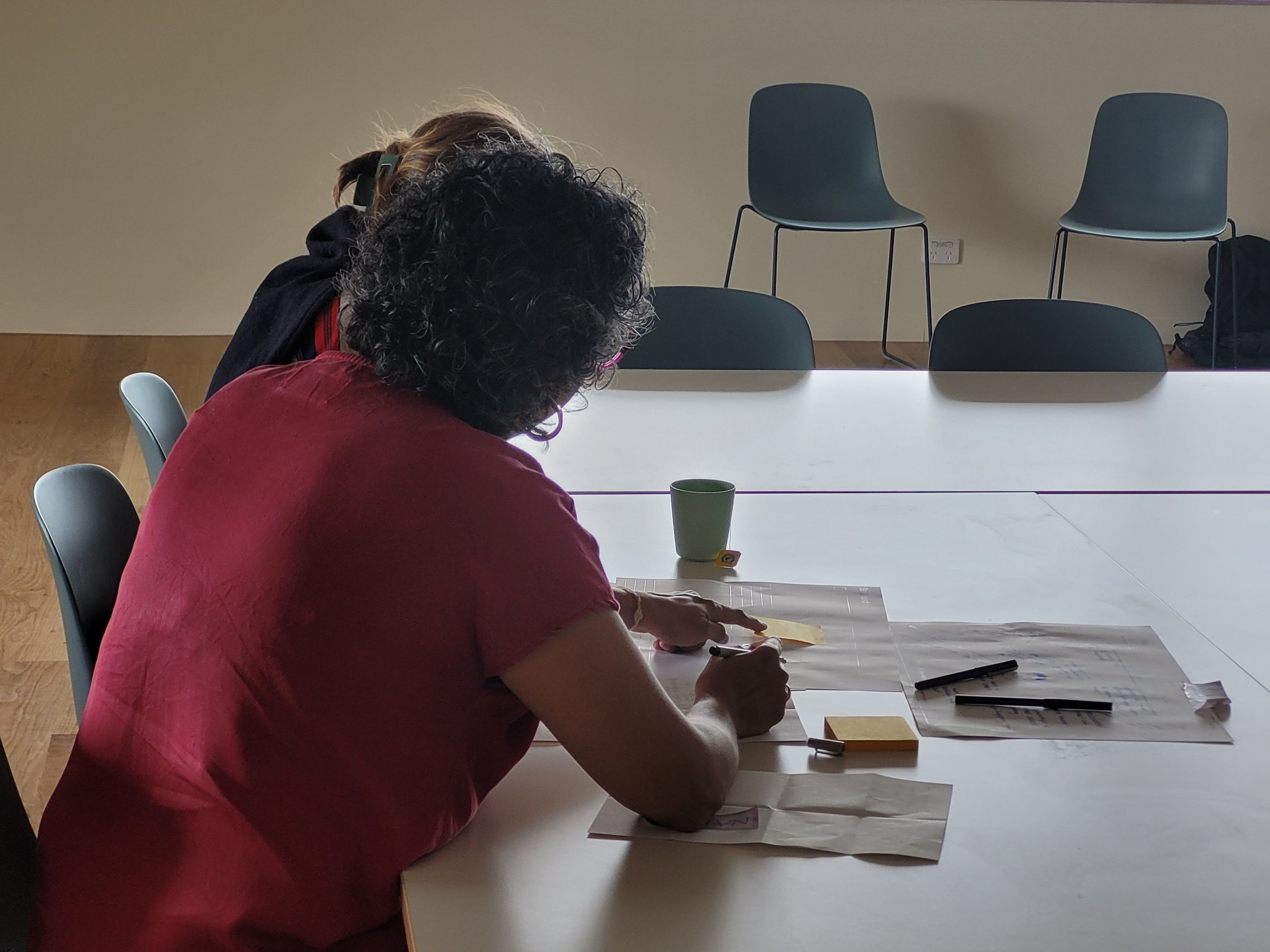
Mentoring co-design projects in low resource environments
This post shares some of our experiences as co-design mentors in 2022, volunteering to support staff in a low resource environment, many of whom were undertaking co-design for the first time.
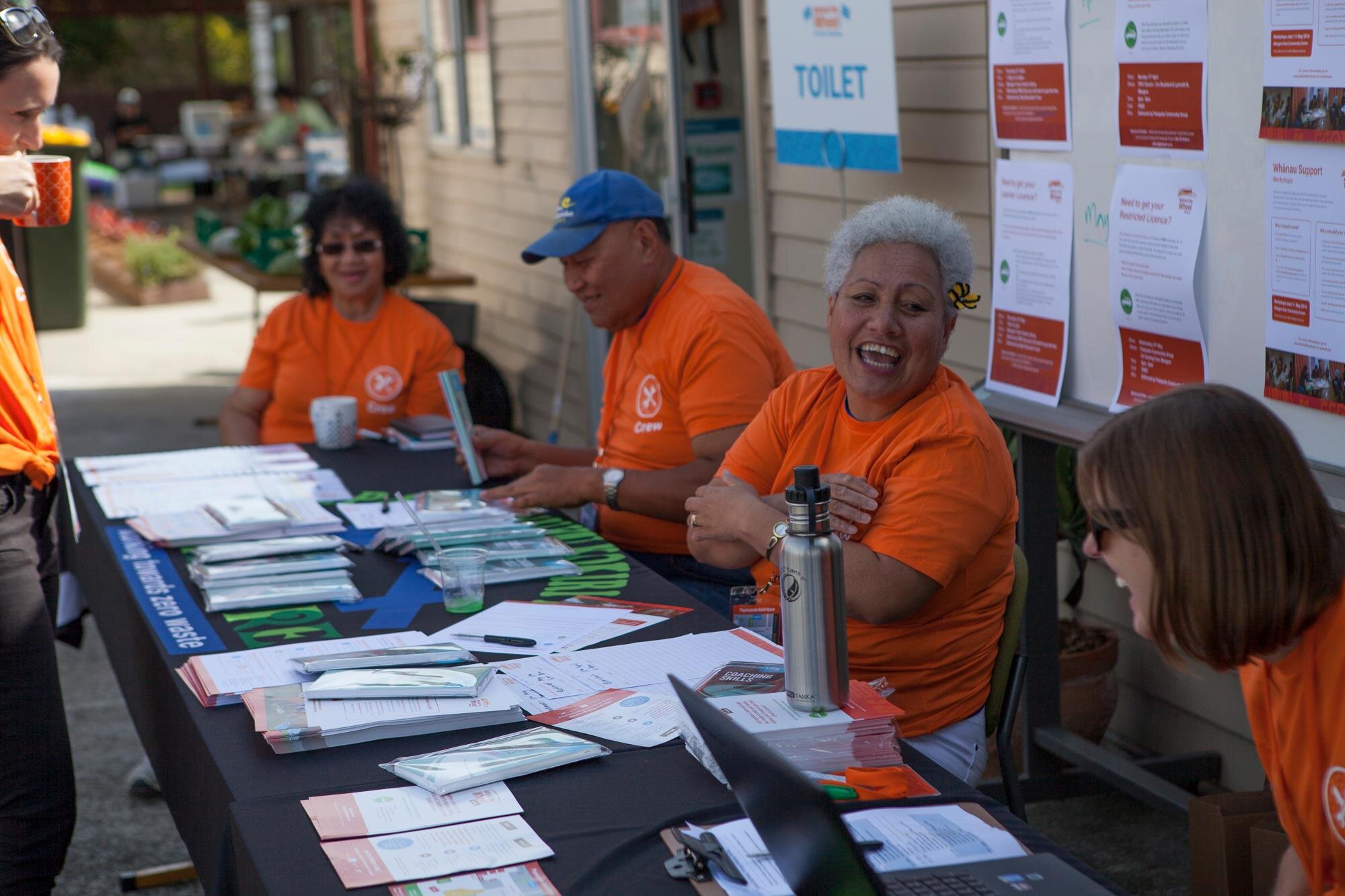
Navigating Power and Acknowledging Positionality
During a recent episode of Collaboratory, “Navigating Positionality and Power”, I reflected on personal experiences with navigating power dynamics as a strategic designer and co-design coach. This is the blog post I was invited to write to further explore these themes.
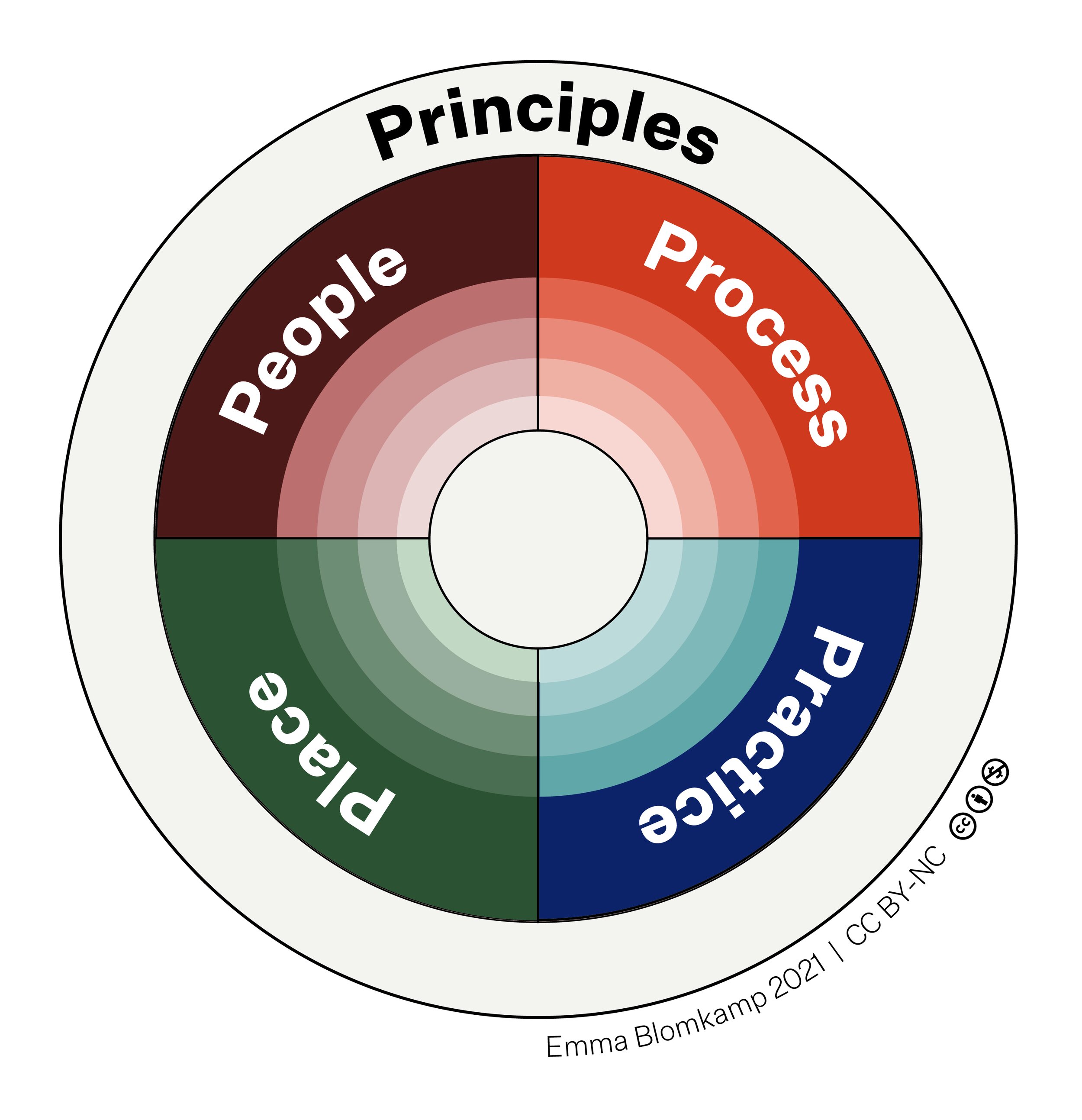
The dance of systemic design
This article offers some insights for those interested in strengthening their practice in systemic and social design. It focuses in particular on the Systemic Design Practice Wheel, and illustrates how each of its five domains offers considerations for practice, by comparing systemic design to a dance.

Who gets to participate in design and democracy?
This article is an edited version of my presentation about: who gets to design public policies and services; the limitations and potential of participation in co-design in Australia and New Zealand; and how the systems that we are part of shape our work.
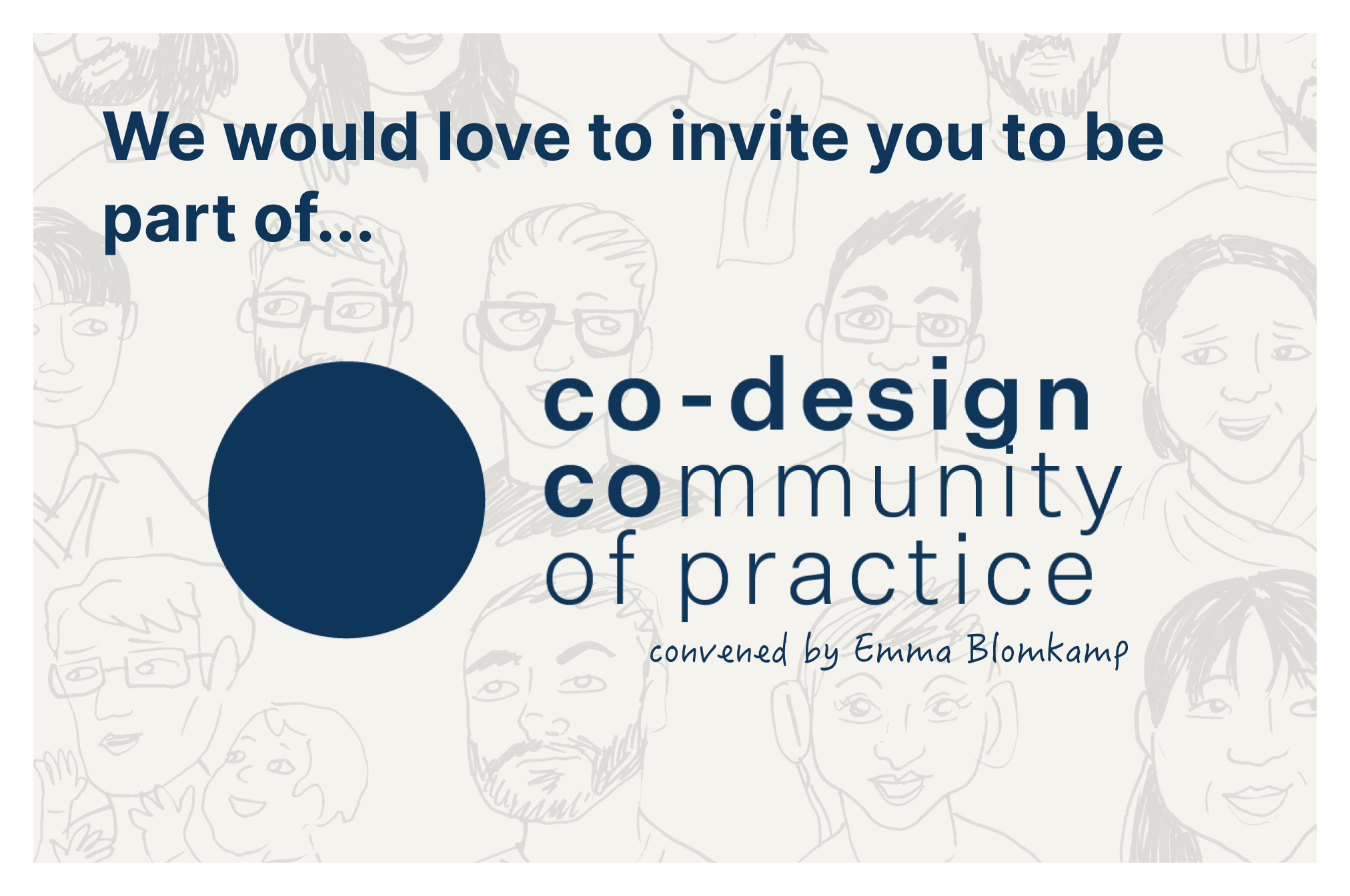
Why I’m launching a co-design community of practice
The Co-Design Community of Practice (CoDesignCo) is a new online network for changemakers interested in learning and sharing about creative and participatory ways to engage diverse people in our work. In this post I share about the ideas and experiences that have inspired this new network, and what it offers members.

The incompatibility of Nudge and Co-Design as tools for policymaking
The use of nudge theory to inform policy interventions in response to COVID-19 has re-opened debates over the politically paternalistic nature of governing by ‘nudges’ and has given momentum to calls to include the more participatory elements of co-design into policymaking.
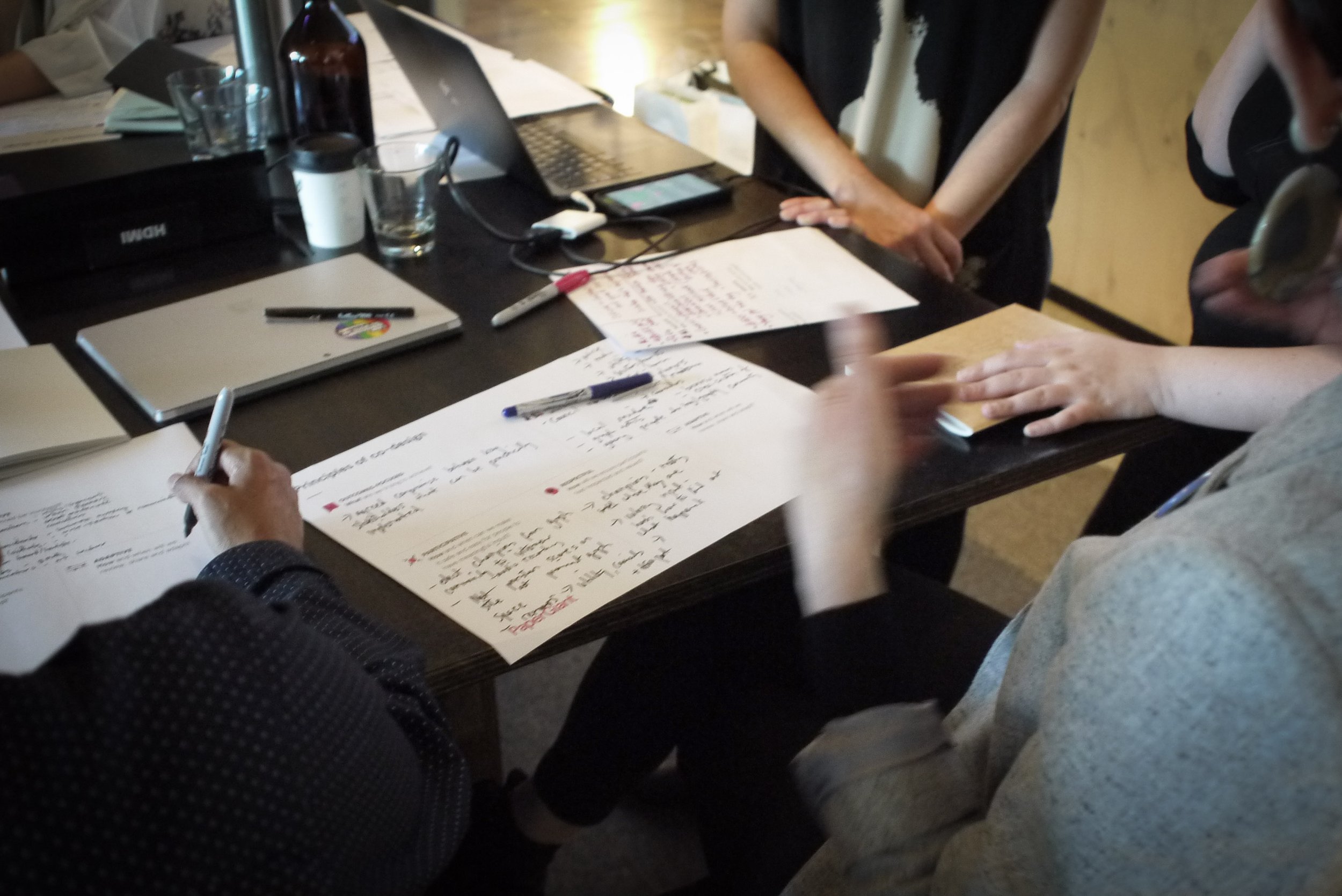
Sharing the principles of co-design
There are three key ways you can think about co-design if you want to begin to understand what makes it unique. It is a process, set of practical tools, and a set of principles.

Is co-design a policy unicorn?
There has been a plethora of claims in recent years about what co-design can do and why we should be using it, especially in the public sector. There is a risk that we are treating co-design as a “magic concept” or a “policy unicorn”.
